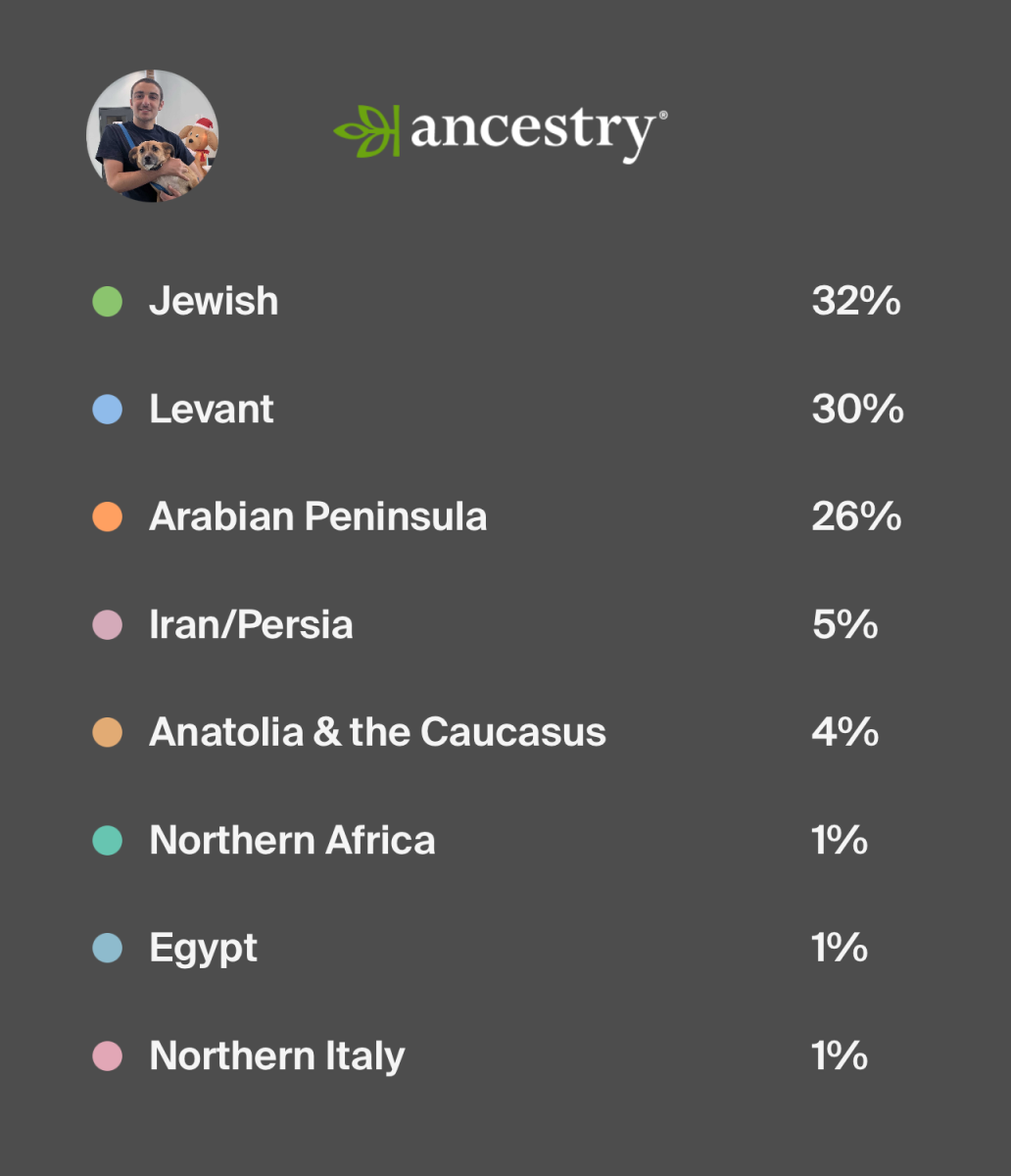The population of earth will balloon to about 20 billion people by at least 2050, if not sooner. This realization has people concerned about our ability to produce enough food. Well, there is an answer to the possibility of food storage; GMOs.
What is an easier way to make more crops, without having to rely on a single type of crop that could be potentially vulnerable to pests and diseases? The answer to that is GMOs or genetically modified organisms.
Despite the appeal of GMOs, there is still a lot of fear surrounding the possible health effects of GMOs. Have you ever seen those “GMO-Free” labels on food or the extensive advertising efforts put into anti-GMO movements? People seem to think that because the word “modified” is involved, food is no longer organic. It makes people feel paranoid when in fact, there is nothing to fear from them.
The truth is that we need to continue to genetically modify crops because insects and harmful plant diseases could kill off our key sources of food. Also, farming is highly destructive not only because we are running out of places to grow, but also due to its resource-intensity. It takes too much water to grow large amounts of crops. GMOs make sure that the crops being grown are not vulnerable to disease or pests, and that they can be grown more efficiently than unmodified organisms which are more resource-intensive.
So why are people so afraid of them? I personally believe that it is a result of a fear of the unknown. People have always been afraid of new, different innovations, from reading to the internet to cars! You could really mark all the worry up to simple uncertainty. Uncertainty and the fact that people don’t want to eat something modified, even though genetically modifying a plant does not actually change its nutritional value. There is no evil component created when something is genetically modified.
There is only one legitimate reason why GMOs can be considered bad, and it isn’t about health benefits. It’s about the fact that some companies, especially Monsanto, have monopolies on certain types of crops. Monsanto is quite shady, as they have sued farmers for growing their patented seeds, even though this can happen naturally when the wind blows the seeds from a Monsanto farmer to a non-Monsanto farmer. The fact that a corporation can even own patent rights to seeds is suspicious to me, even if they have noble intentions.
Otherwise, there is no reason to fear genetically modified foods. Though there have not been any long term tests of the effects of it, we would probably see something suspicious by now. Besides, even if we wanted to get rid of genetically modified crops, we couldn’t, at least not in the United States or Canada, because we already grow them so extensively. The efficiency and productivity of GMO foods are too much to ignore. We might as well roll with it for the time being and stop fear-mongering.
Reed McCoy can be reached at [email protected] or @ReedMcCoy6 on Twitter.















Eric Bjerregaard // Apr 7, 2019 at 8:07 pm
Please do better fact checking. Monsanto has never sued farmers for accidental crosspollination. Patents on plants have existed since the 1930s. They expire in 20 years. Many of the newer GE crops were not even developed by the biotech companies and some smaller companies like Simplot are now getting in. African scientists have recently developed and released GE cow peas in Nigeria. In Uganda NARO is working on nutrition enhanced and disease resistant crops. Biotech companies donated technology to the U. of Hawaii for the disease resistant papayas and to IRRI for Golden Rice. The insect resistant Eggplant is doing very well in Bangladesh.